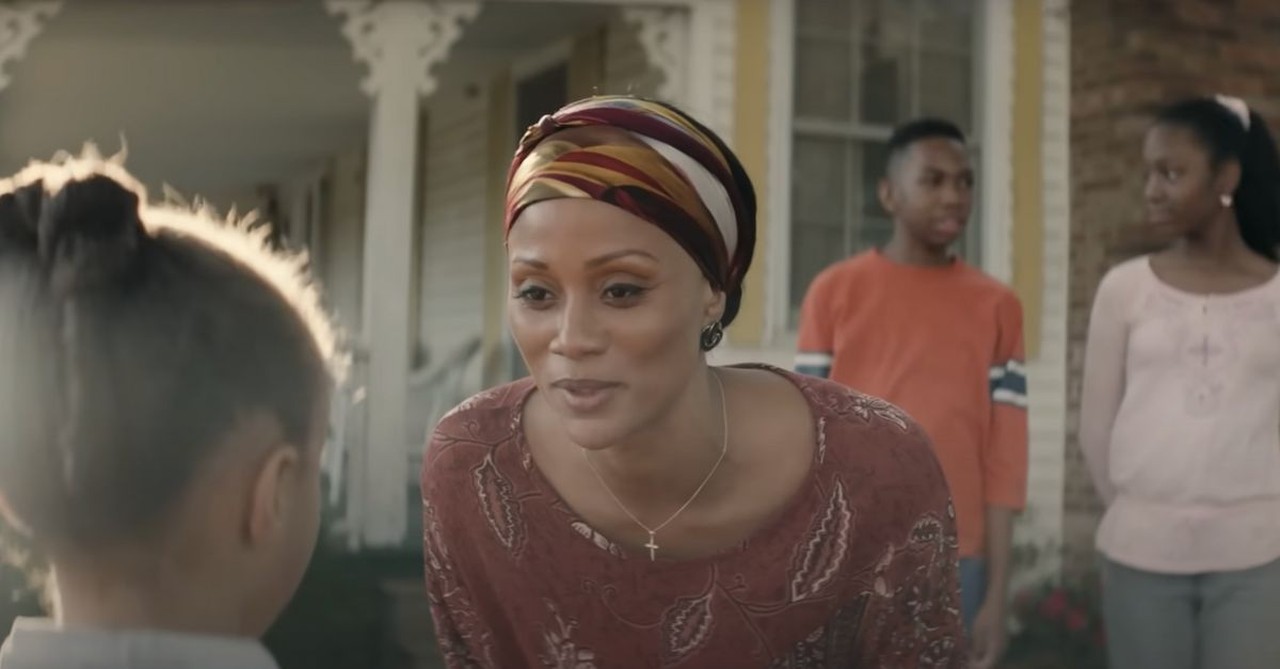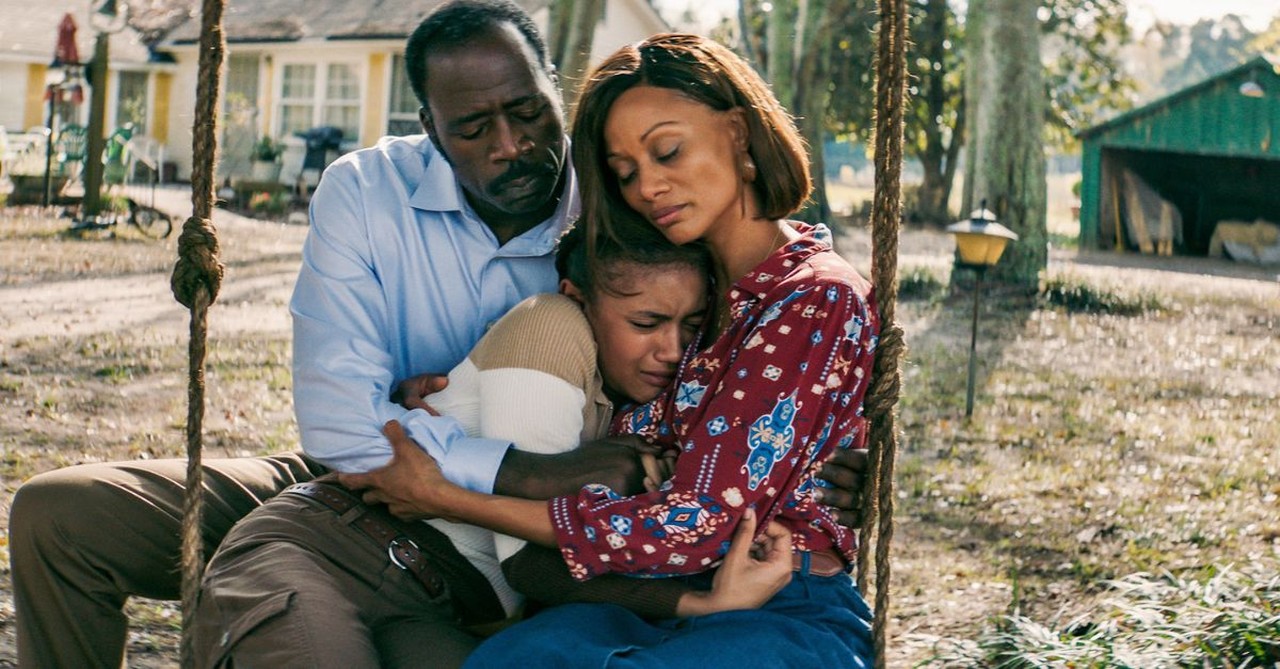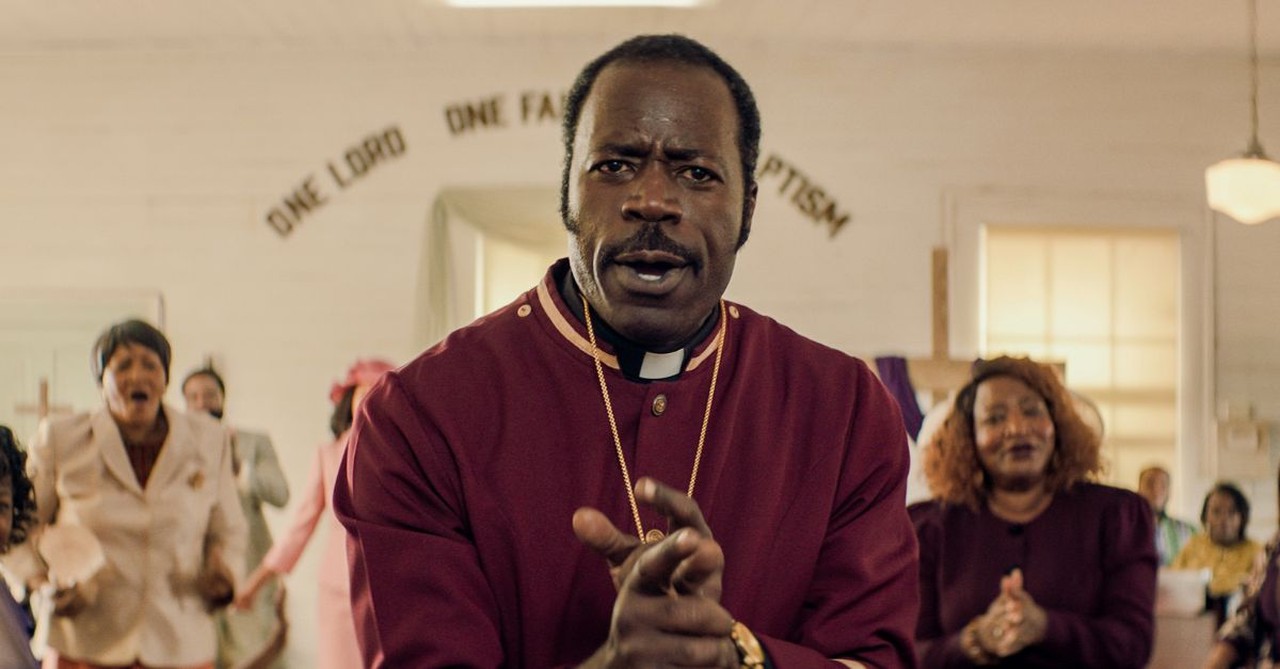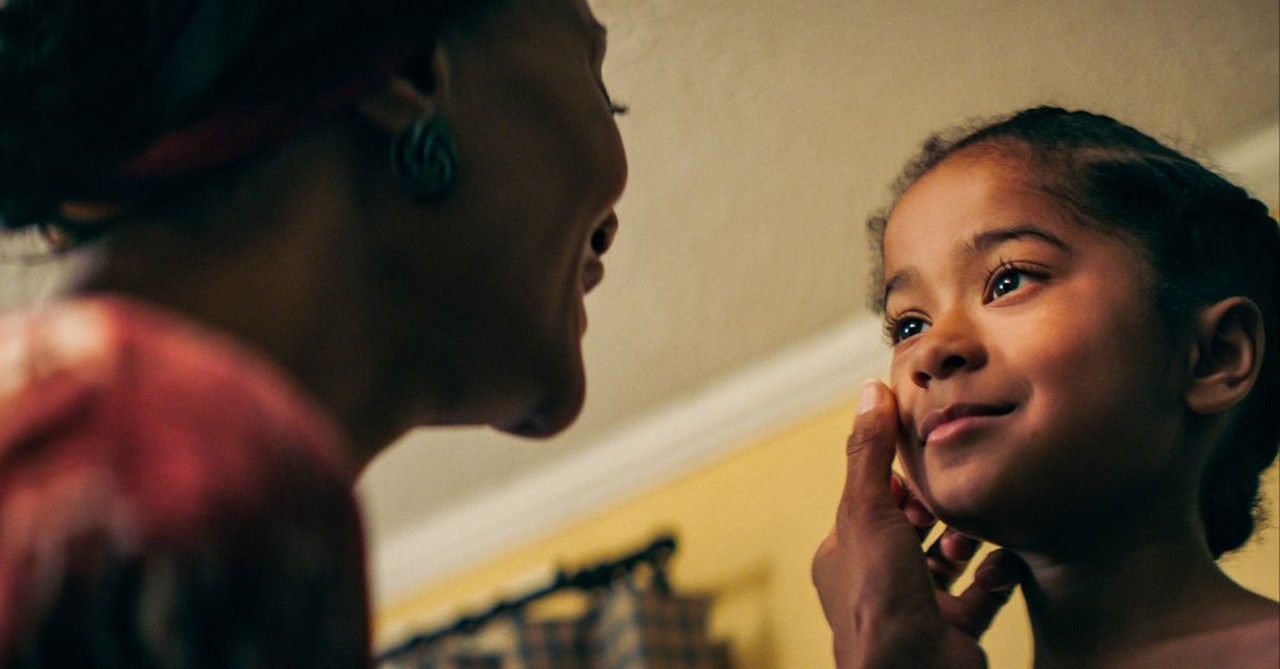
Donna is a young woman with a strong faith, a loving husband, and two children who bring joy and light to her life every day. Donna is also a woman in mourning.
The rock of her life, her mother Murtha, passed away in recent days, sending Donna into a whirlwind of grief and sorrow. Suddenly, daily tasks become difficult. So do simple conversations. Donna spends much of her time staring off into space, wondering what the future holds. In truth, she wants to follow her mom to heaven.
“Jesus, take me home,” she prays.
Jesus, though, has other plans for her life.
One day, while praying and weeping in a field, Donna hears the distant sounds of children at play—the uncontrollable laughter, the exuberant shouts, the carefree thrills. She remembers how children brought her mother joy and how her mother selflessly raised 18 children in a modest home with love, grit, and determination.
Donna views it as a sign from God.
“The Lord spoke to me,” she tells her husband, the Rev. WC Martin. “I want to love like Mama did,” she adds.
Donna wants to adopt children. First, though, she has to convince her husband.
The new movie Sound of Hope: The Story of Possum Trot (PG-13) follows the story of Donna and WC, who take in two children from the foster system and spark an incredible adoption movement within their small church and the tiny community of Possum Trot, Texas, that sees 77 of the toughest-to-place children adopted by loving families. It’s based on a true story.
Here are three things you should know about it:
Photo Credit: ©Angel Studios
1. It’s Emotionally Charged and Inspiring

1. It’s Emotionally Charged and Inspiring
SLIDE 1 OF 3
At first, WC (Demetrius Grosse) pushes back on his wife’s request. Maybe she should take up gardening instead, he suggests. Perhaps she should adopt a pet. Soon, though, he senses God changing his heart, and soon, Donna (Nika King) and her sister attend a foster care orientation class. The stories tug at their emotions: One boy was placed in foster care after he was found in a crack house. One girl was placed in the system after her mom forced her to be a prostitute.
Told by a church member that adoption could wreak havoc on her life, Donna points to the needy children and responds, “We just can’t look away.”
Donna’s sister is the first to adopt. Donna and WC follow by taking in two siblings, Tyler and Mercedes.
WC urges his congregation to join the adoption movement, reminding them in a sermon that the Bible is filled with adoption stories: Jesus was adopted by Joseph, and Pharaoh’s daughter adopted Moses.
“Will you help us lift a child out of the river?” he asks.
Soon, 22 families in the community express their desire to adopt. Donna and WC, in fact, want to take in another child.
“We want the ones that don’t nobody else want,” he tells the social worker.
When the social worker warns WC that some children may be too difficult to handle, Donna jumps in: “The state ain’t no family.” In other words, Every child needs a father and mother.
Sound of Hope is one of the most inspiring films you’ll ever watch, in part because it doesn’t sugarcoat the families’ struggles. Yes, we experience plenty of sweet moments: Church members dance in the aisles when an adoptee is welcomed to the fold, and Donna’s first two adopted children immediately call her “mama.” But the film also reveals the challenges: WC and Donna’s third adopted child, Terri, rebel against their authority. She starts fights. She runs away.
“I wish I was never born,” she tells them.
“You’re my daughter, too,” Donna later tells her. “… I’m not giving up on you. …but you can’t give up on me, either.”
The film’s final 30 minutes perfectly end a seemingly chaotic journey.
Photo Credit: ©Angel Studios
2. It’s Convicting and Gospel-Centered

2. It’s Convicting and Gospel-Centered
SLIDE 2 OF 3
In case you haven’t guessed already, Possum Trot, Texas, isn’t a wealthy town. WC and Donna are a middle-class couple who struggle to balance their checkbook. (At one point in the film, their water gets shut off due to an unpaid bill.) Their church members are in a similar boat. A few members, in fact, are approved for adoption even though their income falls below the recommended level.
The film’s message is subtle yet powerful: If the families in Possum Trot can adopt, then what’s holding back other Christians? That point is driven home when WC pleads with the pastor of a well-to-do church for assistance, only to be told the congregation’s budget is too tight.
Toward the end of the film, we learn that 100,000 children in the U.S. foster care system currently need a home -- but have none.
“If we can do this in Possum Trot with the little that we have, what can we do if we all come together?” the real-life WC Martin says in a mid-credit scene. “Today, there are nearly 400,000 churches in this country.”
There are more than enough churches, Martin implies, to end the foster care crisis.
“It is time for a change,” he says.
The Martins are driven by love and Scripture, which commands us to “look after orphans and widows in their distress” (James 1:27).
Sound of Hope is a raw and authentic gospel-centric film where faith is woven through the narrative. It’s easy to look at the Martins’ ministry and think: This is what Jesus would have done.
Photo Credit: ©Angel Studios
3. It’s from Angel Studios and The Daily Wire

3. It’s from Angel Studios and The Daily Wire
SLIDE 3 OF 3
Angel Studios and DailyWire+ announced a unique partnership to release Sound of Hope in mid-June. Angel is the same studio that released Sound of Freedom in 2023, while The Daily Wire has been behind such projects as What Is a Woman?
The biggest name attached to the film, though, isn’t even on screen. Letitia Wright, the actress known for her roles in Black Panther and Wakanda Forever, is an executive producer. She appeared on The View to promote the film, saying she visited Possum Trot and met the Martins.
“I was just moved by this family,” Wright said. “They just saw a need in their community, and they just provided that help. [I was] so inspired by them.”
Due to thematic content, Sound of Hope is not kid-friendly. We see a mother shot and killed. We hear horrific stories of abuse. We watch one teen girl go into a bathroom stall to make out with a boy. (We don’t see anything.) We see multiple scenes of arguing and strife.
But for older viewers, it’s filled with powerful lessons. It encourages us to act on our words, reminds us of the power of community, urges us to step out and walk by faith, and reminds us of the biblical definition of wealth.
Grosse and King are excellent in the lead roles. The script takes you on a journey, defying your expectations at nearly every turn.
Sound of Hope is a film that will inspire you. It also may just stir you to action.
Rated PG-13 for thematic material involving child abuse, some violence, language, and brief suggestive material. Coarse language: A-- (1), h-ll (2), b---h (1).
Entertainment rating: 5 of 5
Family-friendly rating: 3.5 of 5
Photo Credit: ©Angel Studios
Michael Foust has covered the intersection of faith and news for 20 years. His stories have appeared in Baptist Press, Christianity Today, The Christian Post, the Leaf-Chronicle, the Toronto Star and the Knoxville News-Sentinel.
Listen to Michael's Podcast! He is the host of Crosswalk Talk, a podcast where he talks with Christian movie stars, musicians, directors, and more. Hear how famous Christian figures keep their faith a priority in Hollywood and discover the best Christian movies, books, television, and other entertainment. You can find Crosswalk Talk on LifeAudio.com, or subscribe on Apple or Spotify so you never miss an interview that will be sure to encourage your faith.
Originally published July 03, 2024.







